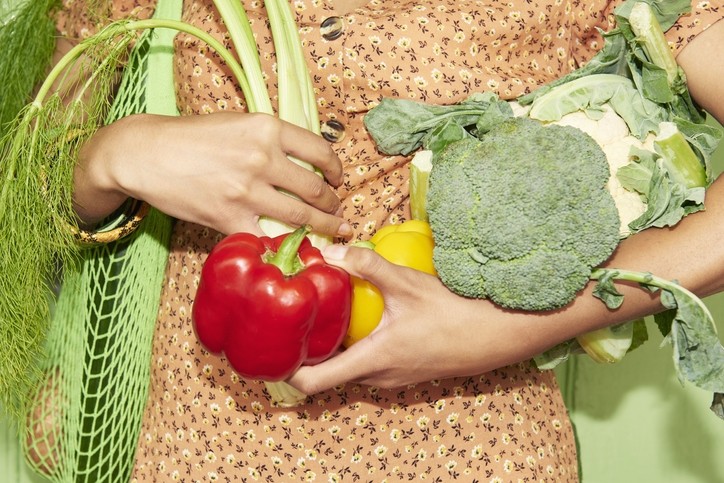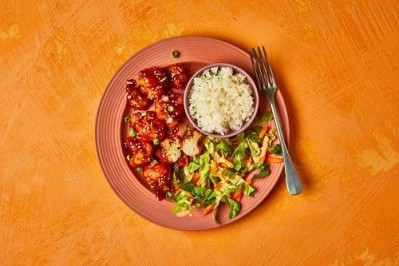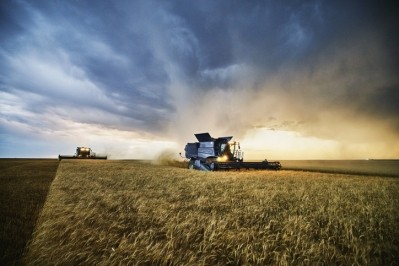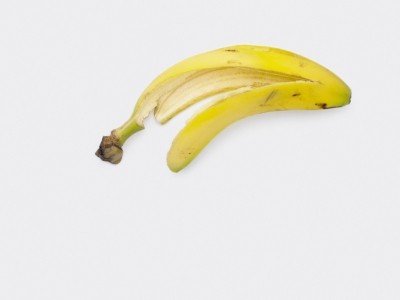‘We're not only a food nation, but a food tech nation’: The new ingredients shaping the future of food from Spain

Spain is the 7th largest food exporter globally. "We're a powerhouse in producing every kind of food and beverage like wine, olive oil, meat and vegetables," according to Maria Naranjo, Agrifood Industry Director at the Spanish Institute for Export and Investment (ICEX), which is on a mission to promote investment in the country.
"Food is becoming more wellness and sustainability focussed since the pandemic," she told a webinar. As such, ICEX is putting its weight behind those start-ups using ‘the most innovative technologies’ to disrupt the food industry and create ‘the food of the future’. The focus is on health and sustainability and the ICEX is eyeing the global functional food market, which it estimates is currently worth $189.5 billion and expected to grow to $285 billion by 2030. “New tech is enabling entrepreneurs and large industries to use functional foods and ingredients with specific health benefits,” said Naranjo.
Daniel Gómez-Bravo Puerta, CEO of Bread Free, which makes gluten-free wheat flour, revealed his Navarra-based start-up is looking to incorporate by-products from the agro-food industry to ‘revolutionise’ the gluten-free diet. "Gluten-free products are five times more expensive here in Spain,” he claimed.
His company combines biotechnology, artificial intelligence and by-products of the agri-food industry to make gluten-free wheat, rye or other cereal flour for use in a host of products including, bakery products, pasta, confectionery, ready meals and vegan meat/fish. And because the flour is made from by-products, with the gluten separated, it retains valuable nutrients and rich texture and flavour.
“We’re also able to reduce production costs because we don’t incorporate other types of flour that are expensive such as rapeseed flour,” added the Bread Free CEO. “It's also clean label because we don't need to use any additives, sugar or fat, which compromise the environment and health of the population.”
Enjoying the health benefits of broccoli ‘without having to eat broccoli’
Another Navarra-based company, Ingredalia, is creating functional plant-based ingredients using food industry biproducts. The residues and by-products of vegetable agri-food industries will become resources and raw materials, said its CEO Miguel Ángel Cubero Márquez. Currently, the company is focused on scaling two products made from by-products generated during the processing of broccoli.
Thanks to the technology developed by its R&D team, Ingredalia has been able to extract the molecule responsible for the health effects of broccoli (sulforaphane and glucosinolate) and incorporate it into its products: Sulforaphan-Smart is a functional ingredient aimed at strengthening the immune system of people, while Brasphenol is a natural antioxidant that extends the shelf life of food.
The products will be marketed at different sectors, such as the food industry, cosmetics, nutraceuticals, agriculture and livestock, among others. The idea is to "make profit from by-products to create products of high value,” said Márquez. He further claimed the company’s technology is able to boost the health effects of broccoli “at least 4,000 times”. And because it’s made from by-products "you can eat broccoli without eating broccoli, and a lot of people love that."
Malaga-based Origin Algae, meanwhile, helps businesses who want to start producing microalgae via feasibility studies. It has also launched D2C fresh spirulina brand called The Good Cubes. “Microscopic algae are very powerful in nutrients and helps us in many ways with our health,” said CEO & Co-Founder Manuel Diez de Onate. According to the start-up, microalgae have essential fatty acids, vitamins and a protein percentage of around 60%, therefore they present a great candidate to become a real alternative to animal protein. It further claims that spirulina’s carbon capturing potential could make it more profitable than traditional crops.
"In Spain we have one of the biggest orchards of Europe and until today we were not investing a lot in bringing value to the field,” added Roselyne Chane, General Director of Sanygran. This food innovation project, started by a team of people with more than 20 years’ experience in the nutrition and healthy eating sector, is creating products and brands making extruded meat substitute products out of legumes and cereals.
"All these companies showcase the spirit of innovation and the key role some of the innovation in ingredients is playing is helping the food chain become more sustainable, innovate and healthier for consumers,” said Naranjo. “We're not only a food nation but also a food tech nation."
However, Carolina Najar, Food Market Director of leading Spanish technological centre AZTI, warned that healthy and sustainable solutions need to be acceptable and affordable options for consumers.
"Our research over the last 25 years has focussed on sustainable, nutritious and better-for-the-world ingredients such as algae and fungi to see how they can be applied with different technologies in the food industry.
"Now the biggest challenge is to scale on some of what we have applied already as final products and ingredients and see consumers react to those products. Our challenge is to make it profitable so that the industry will be happy to invest.”

























